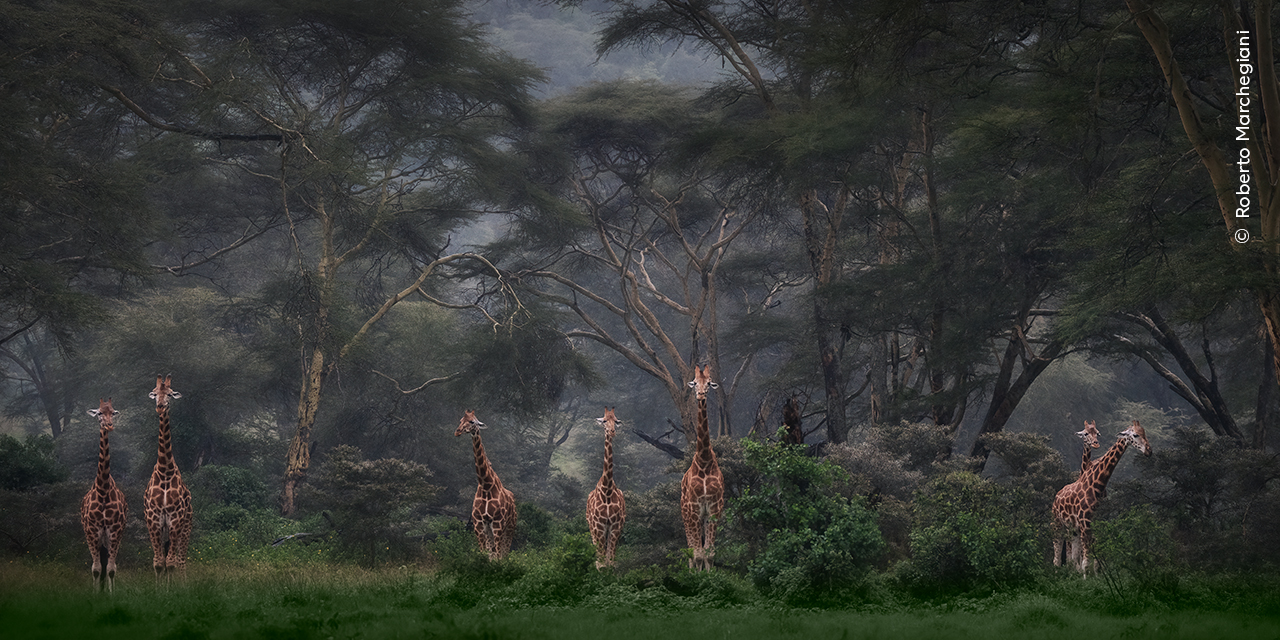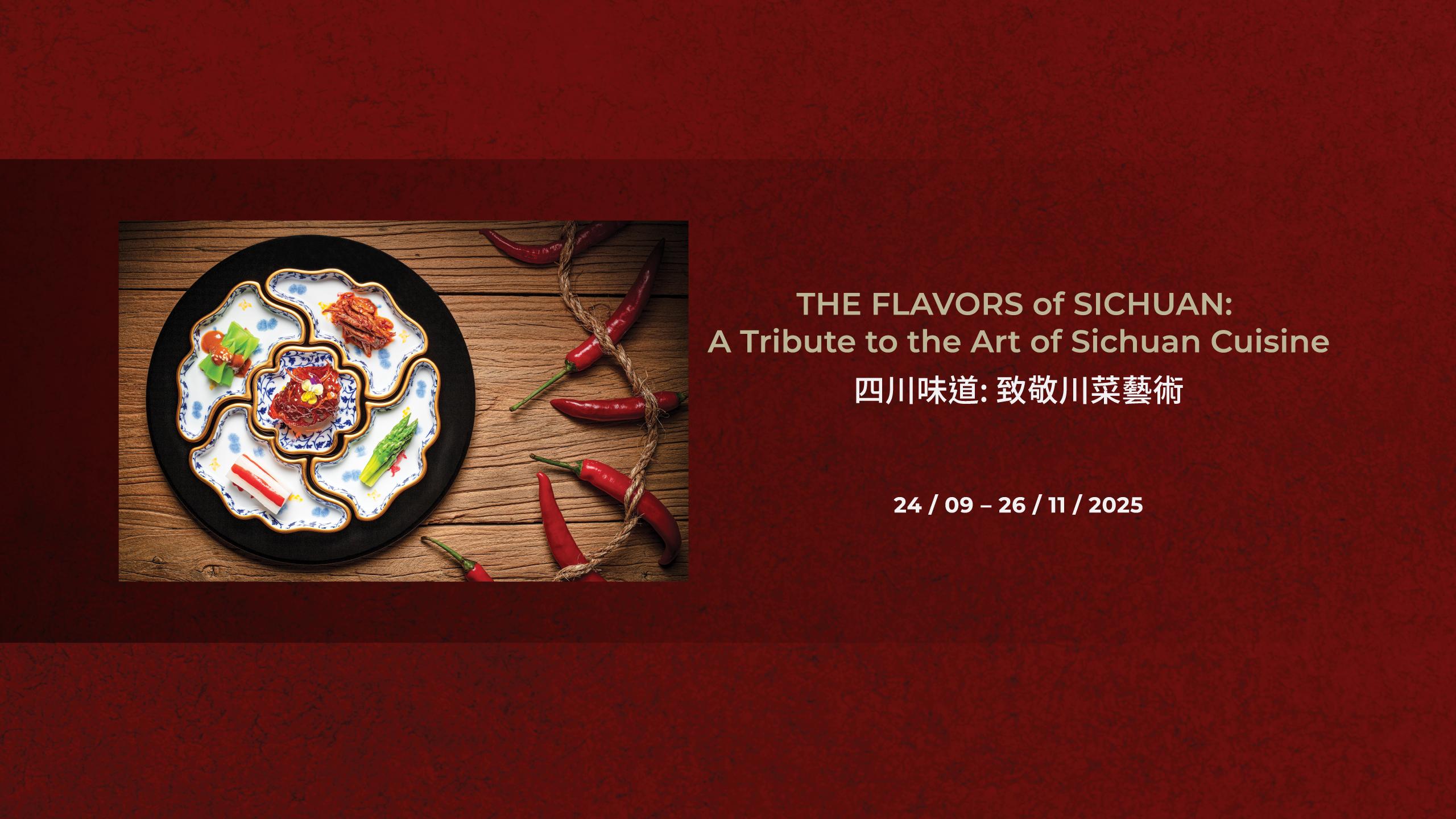The Role of Music Collaboration Platforms in Connecting Aspiring Musicians and Influencing Their Creative Journeys

The Rise of Music Collaboration Platforms
In today’s music landscape, music collaboration platforms have emerged as a vital link for aspiring musicians. These platforms not only facilitate connections but also foster creative synergies that propel artists forward in their journey. As the industry continues to evolve, artists are increasingly leveraging technology to collaborate from different corners of the world, revolutionizing how music is made and shared.
Harnessing the Power of Online Tools
With the rise of technology, musicians can harness the power of these online tools to:
- Share Ideas: Instant messaging and project-sharing capabilities allow for seamless collaboration. Musicians can record their parts and share tracks in real-time, leading to quicker iterations and more dynamic exchanges of creativity. For example, a guitarist in Nashville can send a riff to a vocalist in Los Angeles and receive feedback within minutes.
- Access Diverse Talent: Musicians from various backgrounds can come together regardless of geographical barriers. In a world where traditional barriers to collaboration often included travel limitations and studio costs, platforms like Splice and Soundtrap enable artists to connect and create across continents. A producer in New York can collaborate with a DJ in Berlin, blending unique styles to create innovative sounds.
- Gain Exposure: Many platforms integrate social media features, amplifying visibility for new artists. Emerging musicians can share their work through these platforms, encouraging discovery by audiences who might not have encountered them otherwise. This exposure can lead to new fan bases and promotional opportunities that would be hard to come by in traditional settings.
Platforms Redefining Music Creation
Platforms like Splice, Soundtrap, and Kompoz are redefining how music is created. Beyond basic collaboration tools, they offer resources and tutorials that help musicians improve their craft. For instance, Soundtrap hosts webinars featuring industry professionals who provide insights into songwriting and production techniques. These educational resources empower users to develop their skills while collaborating, enhancing both the creative process and the final product.
The Impact of Digital Connectivity
This article delves into how these platforms act as catalysts for collaboration, enriching the musical landscape and impacting artists’ creative processes. By exploring case studies and user experiences, we uncover the transformative potential of connecting artists in unprecedented ways. For instance, one case study might spotlight a collaborative project on Kompoz, documenting how a simple idea between two indie artists evolved into a viral single.
The journey from aspiring musician to established artist is evolving through these digital connections. In this new era of music creation, the possibilities are endless, and the landscape is ripe for innovation. For those looking to navigate this exciting terrain, engaging with music collaboration platforms may well be the first step toward finding their unique voice in a crowded industry.
DISCOVER MORE: Click here to unleash your creativity
Empowering Artists Through Collaborative Creativity
Music collaboration platforms are not merely tools; they serve as hubs of creativity that empower aspiring musicians to explore their artistic potential. In an era where traditional music industry gatekeepers often limit access to opportunities, these platforms democratize the music creation process. By providing aspiring artists with the means to connect, collaborate, and create, they are redefining how music is produced and shared.
A key feature of these platforms is their ability to promote cross-genre collaborations. Musicians no longer feel confined to their specific genre or locality; instead, they can blend various styles to produce something fresh and original. For example, a bluegrass fiddler can collaborate with a hip-hop beatmaker, resulting in a unique fusion that may not have been possible outside the digital space. This fluidity not only enriches the artistic landscape but also encourages innovation, pushing the boundaries of what is musically feasible.
Networking Opportunities and Community Building
Beyond fostering creative collaboration, music collaboration platforms provide vital networking opportunities that aspiring artists often need. They create communities driven by shared interests and goals, allowing musicians to support one another on their journeys. These communities can facilitate:
- Feedback and Critique: Artists can share their work and receive constructive criticism, which is invaluable for personal and artistic growth. A singer-songwriter might post their latest track, eliciting feedback that helps refine their vocals or songwriting.
- Joint Projects: Many musicians find collaborative partners through these platforms, leading to joint projects that can elevate their exposure. Fans often appreciate the synergy between artists, resulting in unique releases that push both artists into the spotlight.
- Skill Sharing: Experienced musicians can mentor newcomers through workshops and tutorials, enhancing the overall skill level within the community. For example, seasoned producers might offer production tips, helping less experienced musicians improve their recording techniques.
This focus on community building not only creates a supportive environment for musicians but also strengthens the entire music ecosystem. Aspiring artists can realize they’re part of something larger than themselves, which fosters a sense of belonging and motivation to pursue their objectives.
The Creative Journey Amplified
By harnessing the power of music collaboration platforms, aspiring musicians can significantly influence their creative journeys. The spontaneous nature of collaboration often leads to unexpected results, with artists discovering new sounds, techniques, and identities along the way. For instance, a musician who initially seeks help for a single track may find themselves engaging in multiple collaborations, leading to a deeper understanding of their style and purpose in the industry.
Ultimately, these platforms act as catalysts for personal growth and artistic evolution. The ability to connect with like-minded individuals on a global scale opens doors previously thought closed, enabling a new generation of artists to express their creativity without limitations. As technology continues to shape the future of the music industry, it is clear that collaboration platforms will play an essential role in the ongoing evolution of how music is created and shared.
The Role of Music Collaboration Platforms in Connecting Aspiring Musicians
In an age where digital interaction reigns supreme, music collaboration platforms have emerged as vital tools for aspiring musicians seeking to enrich their creative journeys. These platforms not only facilitate the sharing of musical ideas but also create communities where upcoming artists can learn, collaborate, and grow together. The beauty of these platforms lies in their ability to break geographical barriers, allowing musicians from different corners of the world to connect and collaborate on projects that they might not have been able to accomplish alone.
For many artists, particularly those starting out, the pathway to recognition can seem daunting. Collaboration platforms provide a much-needed sense of belonging and encouragement. Towards this end, musicians can find others who complement their style and share similar aspirations. The collaborative process often leads to co-creation, blending unique backgrounds and influences, ultimately leading to innovative sounds that might not exist in isolation. It’s an exciting way for artists to push their boundaries and explore new musical territories.
Moreover, a multitude of resources available on these platforms, such as tutorials, feedback sessions, and networking opportunities, facilitate rapid skill development. For any aspiring musician, gaining insights from experienced collaborators and learning the ropes through hands-on experience can be invaluable. Ultimately, these platforms not only connect musicians but also provide a supportive ecosystem where creativity flourishes, inspiring artists to find their unique voices while enriching the global music scene.
| Category | Advantages of Collaboration Platforms |
|---|---|
| Global Networking | These platforms enable musicians from across the globe to connect, share ideas, and collaborate on projects, fostering a diverse musical landscape. |
| Resource Accessibility | Aspiring musicians can access tutorials, constructive feedback, and collaboration opportunities, greatly enhancing their skills and creativity! |
DIVE DEEPER: Click here to unleash your creativity with recyclables
Revolutionizing the Music Distribution Model
Music collaboration platforms are also playing a pivotal role in revolutionizing the music distribution model. Traditionally, artists were often at the mercy of record labels and distributors for the dissemination of their work, often leading to a lack of control over how their music was marketed and shared. In contrast, collaboration platforms allow musicians to take the reins, promoting and distributing their music on their own terms. For example, platforms like Bandcamp and SoundCloud empower artists to release their tracks directly to fans, bypassing traditional industry barriers.
Moreover, these platforms often enable features that support monetization directly from collaborations. For instance, musicians can leverage crowdfunding or donation models, allowing fans to contribute towards the production of music. Successful campaigns not only build anticipation for new releases but also foster a stronger connection between artists and their audience.
Global Reach and Diverse Influences
In today’s interconnected world, aspiring musicians can collaborate with artists from different cultures and backgrounds, enriching their own creative processes. Music collaboration platforms provide the framework for these global interactions. A producer in Los Angeles can work with a vocalist in Nairobi, melding sounds from distinct musical traditions to produce innovative new tracks. Such collaborations not only broaden the musical vocabulary of involved artists but also introduce audiences to a mash-up of cultural elements.
Data suggests that multi-genre collaborations often resonate more with listeners, creating an audience hungry for novelty. The Grammy-winning album “Rammstein” serves as an apt example of this synergy, where diverse backgrounds converge to create a captivating sound that defies easy categorization. In a similar vein, music platforms facilitate such collaborations that might lead to chart-topping hits or viral sensations.
The Role of Technology in Creative Interaction
Technological advancements are central to enhancing the functionality of music collaboration platforms. Tools such as cloud-based recording software and shared digital audio workstations (DAWs) allow musicians in different cities or countries to work together seamlessly in real-time. This evolution is crucial, as it reduces barriers to collaboration that may stem from geography. For instance, platforms like Splice and Ableton Live enable artists to share project files and collaborate on the fly, leading to spontaneous and innovative musical creations.
As technology continues to evolve, features that integrate artificial intelligence and machine learning are beginning to flourish within these platforms, providing personalized recommendations for potential collaborators based on an artist’s work style and genre preferences. This push towards smart collaboration can enhance not only discovery but also the very essence of creative partnerships.
Furthermore, the rise of social media integration has turned many collaboration platforms into vibrant communities where artists can showcase their work, interact with peers, and build a following. Leveraging platforms like Instagram and TikTok to promote collaborative projects provides another avenue for outreach and growth that was previously unavailable to independent musicians.
In essence, music collaboration platforms have become essential allies for aspiring artists, paving the way for an unprecedented era of creativity, community, and connectivity. Their influence is reshaping the artist landscape, providing not only resources for production but also a voice and a platform for innovation within the diverse tapestry of modern music.
DISCOVER MORE: Click here to learn how music lessons can enhance your child’s confidence and social skills
Conclusion: The Future of Music Innovation
As we examine the transformative function of music collaboration platforms, it is clear that they have become a crucial part of the modern music landscape. These platforms are not merely tools for sharing music; they are vital ecosystems fostering creativity, collaboration, and community among aspiring musicians. By breaking down traditional barriers and providing artists with the autonomy to manage their distribution and promotion, platforms like SoundCloud and Bandcamp have empowered musicians to reach audiences directly and authentically.
Furthermore, the global interconnectedness facilitated by such platforms enriches the artistic process, allowing for collaboration across cultures and genres. This melding of diverse influences not only leads to innovative musical creations but also satisfies an audience that craves authenticity and novelty. As emerging artists explore new sounds through collaborations, we witness a mosaic of cultural expression that adds to the depth of contemporary music.
Looking ahead, the ongoing evolution of technology will likely continue to spur further growth and innovation within music collaboration platforms. Advancements in AI and cloud-based tools are set to enhance collaboration possibilities, ensuring that aspiring musicians can create without limits. As these platforms evolve, they will continually redefine what it means to be an artist in this digital age, maintaining their essential role in shaping the creative journeys of future musicians.
Ultimately, the story of music collaboration platforms is one of possibility—an open invitation for artists to connect, innovate, and inspire one another in a world that celebrates artistic expression in all its forms.


